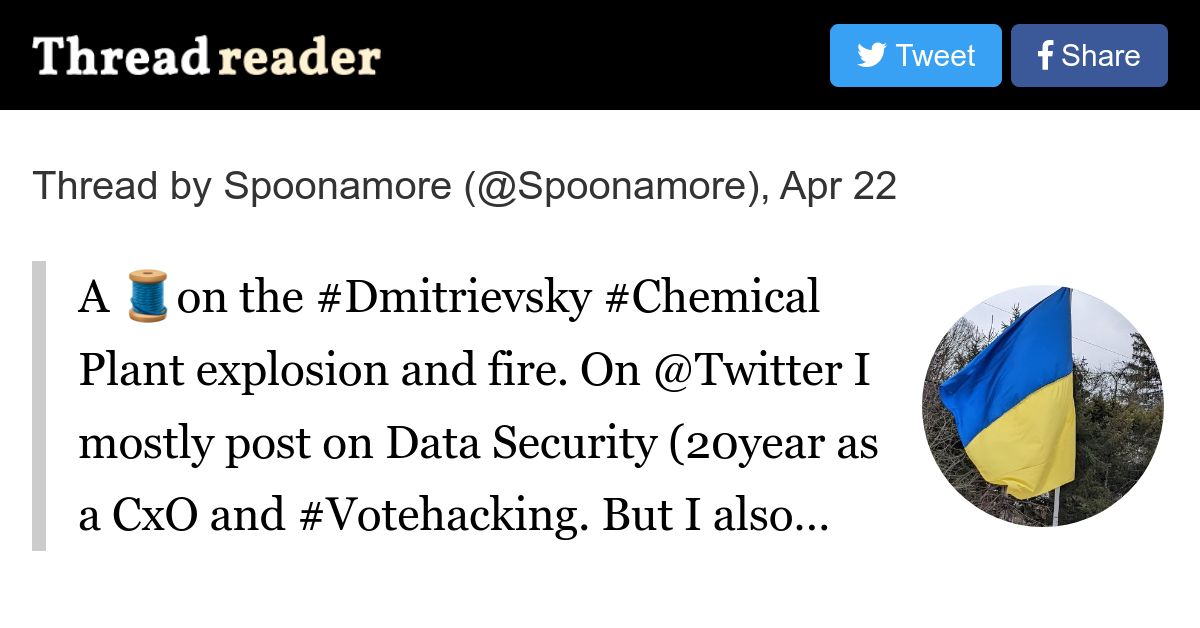en variant av bak fiendens linjer.
The family members of these soldiers hear all this at the funeral and I think it probably would be very painful to think that your child died for nothing. It’s a defense mechanism, to tell yourself that, “Yes, my child died, but it wasn’t in vain. He was a hero.”
[…]
The thing that jumps out most to me is that most of the fighting and the dying for Putin’s idea of this pan-Slavic,
Russky mir [“Russian world”] is being done by the ethnic minorities—Buryats, Chechens, Dagestanis—who are subjected to constant racism in Russia. How do you explain this?
We get this question most frequently from foreign journalists. Russian journalists don’t ask about this. We don’t think that this is a question of [Russian] nationalism. We think it’s for different reasons. Chechnya and Dagestan, for example, have warrior cultures. There are also a lot of soldiers coming from Cossack villages. These are cultures where people are used to holding weapons. There are many soldiers from Buryatia because it’s a very poor region that is very heavily subsidized by the government. The same is true of Tuva, which is even poorer than Buryatia. That’s how I explain it. Also, if you look at our list, you’ll see that half is Russian names and Russian faces [
about half of Buryatia’s population identifies as Russian – JI].
Maybe this is because I lived in Moscow for a few years, but I know how people there feel about people who have the “wrong” eye shape or the ugly names they call people from the Caucasus. And now these are the people defending the “Russian world.” You don’t see any irony in this?
Of course there’s an absurdity in this, in the very concept of the
Russky mir.
Do the Buryats take note of this, though?
Of course they do. When the head of the republic met with the local intelligentsia, the press secretary of the theater stood up and said, essentially, “When it comes to the honor guard at the eternal flame, they have tall, blue-eyed Russians, but when it comes to dying, they send the Buryats.” This created a lot of controversy and people shouted him down. This is a real question here. Maybe people are discussing this privately in their kitchens, but it’s not something that’s really discussed publicly.
These zinc coffins coming home, are they scaring young people off of joining the military?
This is another surprising discovery. It turns out it’s working in the opposite direction. We went to two villages that lost young men and where there’s now a big upswell of patriotism. The youth there are even more interested in the military and the war. The village I told you about, where the 19-year-old was from, his peers want to join the military and want to go fight. For those who are a bit younger, the town is buying rifles so they can do some target practice.
They’re not afraid they’ll be killed in battle?
We asked this question in the villages and it seems like they’re not really thinking about it. They’re young. Some were saying that they want to serve and are ready to die, like this young man from their village. What we do see is that the youth are really hungering for some kind of meaning, some kind of unifying idea. They want to aspire to something but there’s nothing for them. With these deaths, it seems like they’re finally getting some kind of meaning, some kind of idea they can live for. They’re proud of their fellow villager who was killed. When there’s no other meaning, the youth grab onto this. It’s very scary when people derive such meaning from such a horrific idea.
Vladimir Putin’s misbegotten war is a blatant attempt to restore his vision of the Russky mir—a pan-Slavic neo-Soviet nation state built on Russian dominance. And yet his war is being waged by the very young men, and supported by the families, that his government has oppressed.

puck.news









